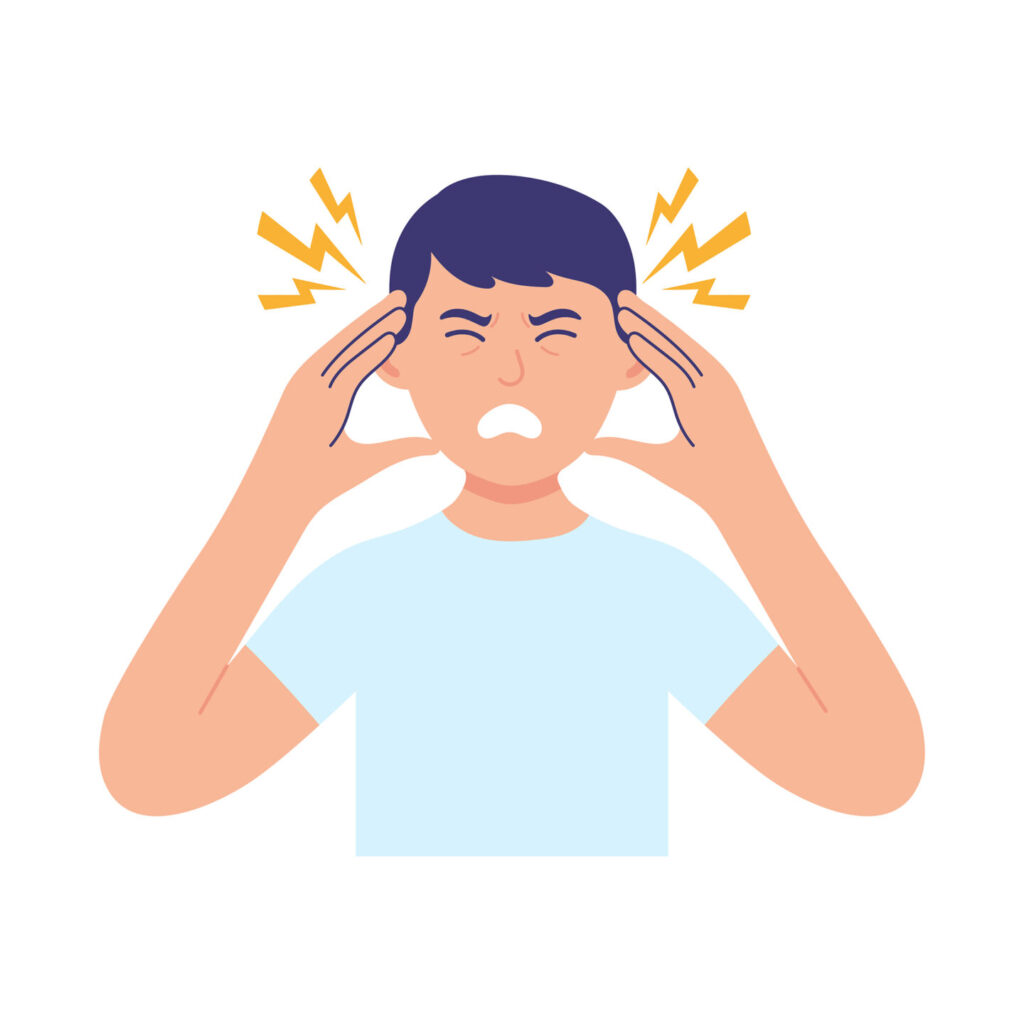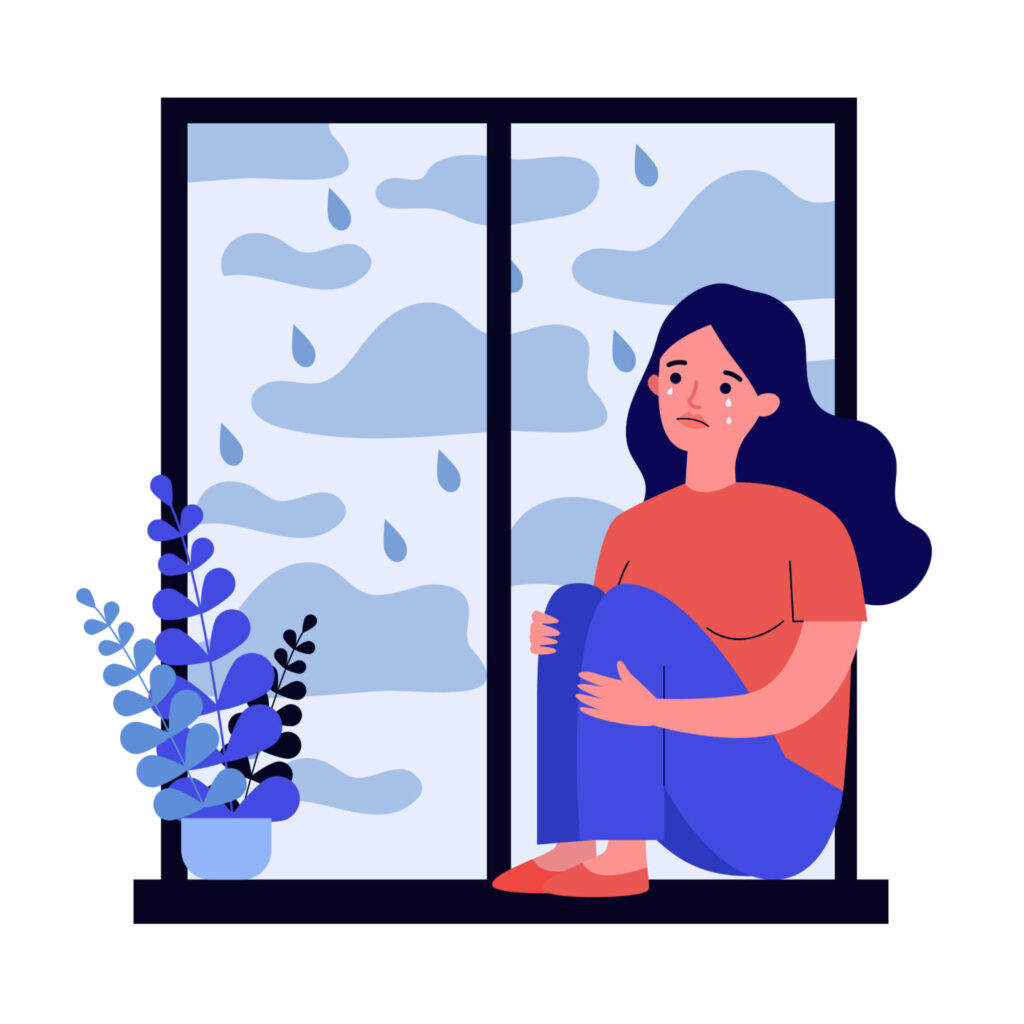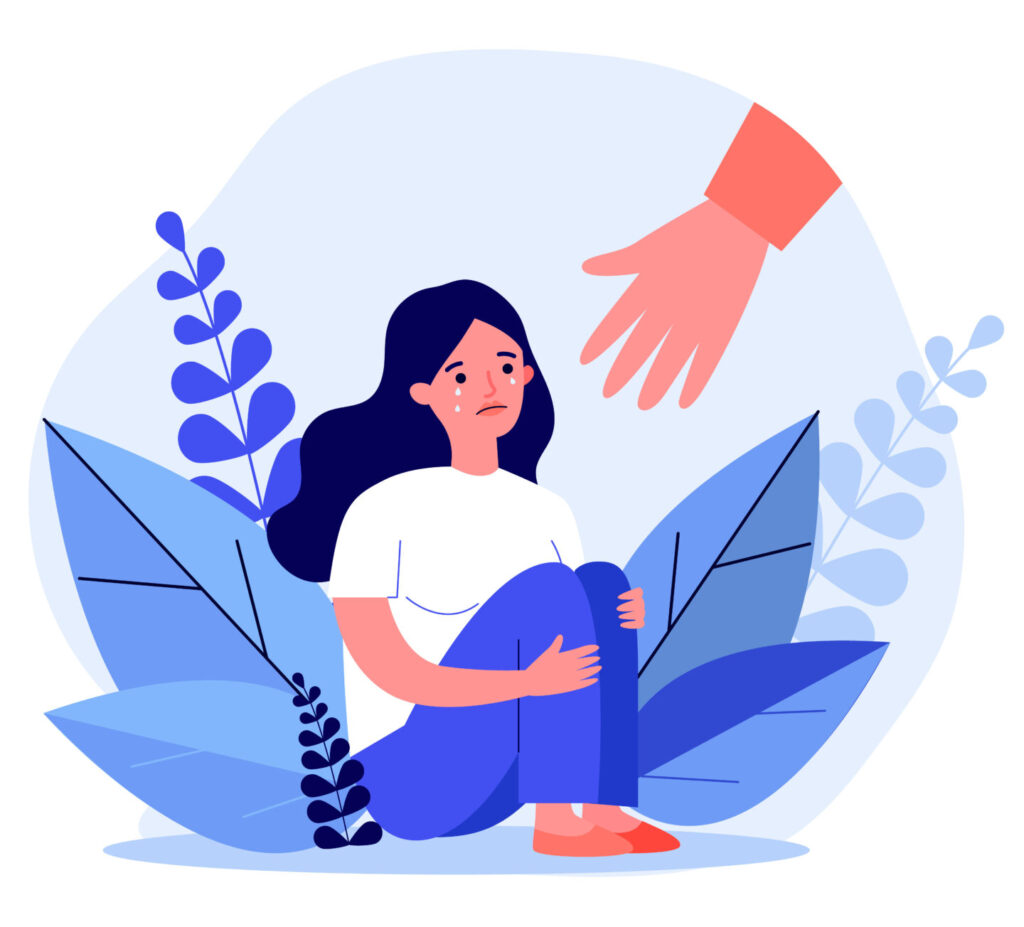Stress is a normal part of everyday life for the majority of people and although it doesn’t feel like it sometimes, having some stress can be healthy and motivating. But stress can become a problem when you can’t cope and it affects your emotional and physical health.
Positive stress can give you that extra burst of adrenaline that helps you finish your coursework in time or finish a race in first place. Negative stress is when a situation or events put you under too much pressure, like moving schools, arguing parents, money worries or family illnesses. Even nice things like marriages, babies or holidays can cause negative stress. When negative stress happens, something needs to change.

Is stress a mental health problem?
Stress isn’t a diagnosed psychiatric condition, but medical professionals believe that stress can be the cause of mental health problems like anxiety or depression. Stress can also make these problems worse if people are struggling to cope. Mental health problems like anxiety, depression or borderline personality disorder can actually cause stress too: the pressure of taking medication, organising and attending medical appointments and so on.
How does stress affect us?
Stress can affect us both emotionally (our mind) and physically (our body). This can affect the way we behave, like finding it hard to make decisions, snapping at people, nail biting, eating too much or not enough and being tearful.
Emotional symptoms can include irritability, aggression, impatience, racing thoughts, an inability to switch off, a lack of humor, a feeling of neglect, loneliness, and suicidal thoughts.
Physical symptoms can include shallow breathing, hyperventilating, panic attacks, muscle tension, tiredness, headaches, chest pain, tummy problems like constipation or diarrhoea, feeling sick and dizziness.

Why do some cope better than others?
Everyone is different. The amount of stress we feel in different situations depends on a lot of things:
How we see things – we have different past experiences and feel differently about ourselves. Some people are naturally more positive, some will have dealt with difficult situations already, and some are simply more resilient. Resilience can really help and is something that you can learn, find out more here.
Other pressures – dealing with one stressful situation is bad enough, but if we have 2 or 3 different things causing stress then it can be harder to deal with.
Support – If you’re not getting support from parents, friends, teachers etc. then that can cause extra stress. Having good support makes all the difference to how we cope.
What can I do to cope with stress?
There are lots of things you can do to cope with being under too much stress. The first thing is to work out what’s causing the stress. Is it a build-up of little things that wouldn’t be a massive issue on it’s own? Is it just one thing (a situation or person) that’s the problem?
When you know what’s causing the stress then you can start thinking of how to change things. This isn’t always easy, and not always possible. If a person is causing you stress – keep away from them. If a situation in school is causing you stress, ask for help from friends, family, teachers. Everyone needs help sometimes.

Some situations are always going to cause a certain level of stress and that can be hard to avoid. The important thing is knowing how to deal with that stress, and finding ways to keep it manageable. Here’s a list of 15 things that you can try to reduce your stress.
Despite trying all of these things, sometimes you will still feel stressed. Be kind to yourself. We’re all human and you have to do what you need to do to make you feel better. Sometimes a having a good cry, a big hug, or looking at cute puppy pictures can make thing seem a bit better. Sadly, there is no magic wand, but knowing what makes us stressed and knowing what we can do ourselves to manage our stress levels is very important. We hope that some of the ideas above will work for you.
Need to talk to someone?
If you’re worried about anything and want to talk things through with someone, then you can always contact the Meic helpline. Whether it’s about the coronavirus, or anything else that’s worrying you, Meic advisors are trained to help children and young people in Wales, and they can help you to get the help that you need.




